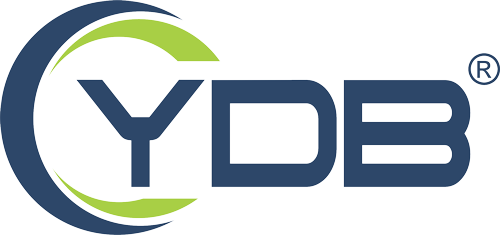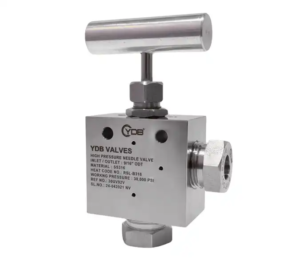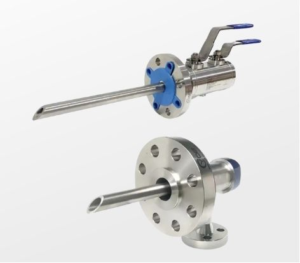The valves are an important aspect of any sector wherein the flow of liquid is to be regulated, directed, and controlled. This is done by opening and closing or even partial opening of the passageways by which the rate of flow of a given liquid is controlled from higher pressure to lower pressure. There is a wide range of applications of valves that are found almost in all industrial as well as residential processes. These include water and sewage processing, gas and petroleum processing, and supply, oil processing and many other chemical processes. The design, thus, depends upon the application of the valve and the location and type of fitting for which it is used. The most predominant type of valves is the instrumentation valves that are widely demanded products from instrumentation valve suppliers. The selection of these valves depends upon the operating temperature and pressure of the process for which it is used and the construction materials that are compatible with the process media. These valves are primarily purchased from instrumentation valve suppliers for the below-enlisted applications.
- The instrument valves are used in applications where the measurements relating to instruments occurs
- The instrument valves are used for isolation such that the ball valve is used to separate a pressure on level transmitter from a transfer tank or storage tank. These have a single inlet and outlet that provides for isolation of the connected gauge as well as selects the exposure of the media.
- These valves are also used for venting purposes, static pressure, differential pressure, and absolute pressure applications.
- The ball type instrumentation valves are used in quick-acting applications that are rated for pressures up to 3000 PSI and temperatures up to 350°C. They are widely used in chemical applications and are excellent even for the most challenging services.
- The double block and bleed instrumentation valves are a unique kind that is used to provide isolation from not only upstream but also from downstream process flow and pressure. These are most commonly found in oil and gas industries as they prevent product contamination and provide isolation of piping for maintenance work.
- Yet another application of instrumentation valve is the use of needle valves that are used in most constant pressure pump governors in flow metering applications. This particular application is possible due to the arrangement of a tiny orifice along with along-tapered seat and a precisely engineered needle-like plunger located at the end of the screw that is appropriate for the seat for valve shut-off.
- Another important application for which the valves are demanded from
instrumentation valve suppliers is the use in wastewater, potable water, and irrigation applications as check valves. These are also used in power and pharmaceutical applications and are available in many sizes but still are typically very small. These instrumentation valve types are commonly automatic in operation and do not have a handle provided.
Conclusion
It is important to select a particular type of instrumentation valve according to its application, installation location, working fluid, and condition of use. It is, however, important to choose a product from such instrumentation valve suppliers that uses state-of-the-art technology and provides products and services at optimum rates.





